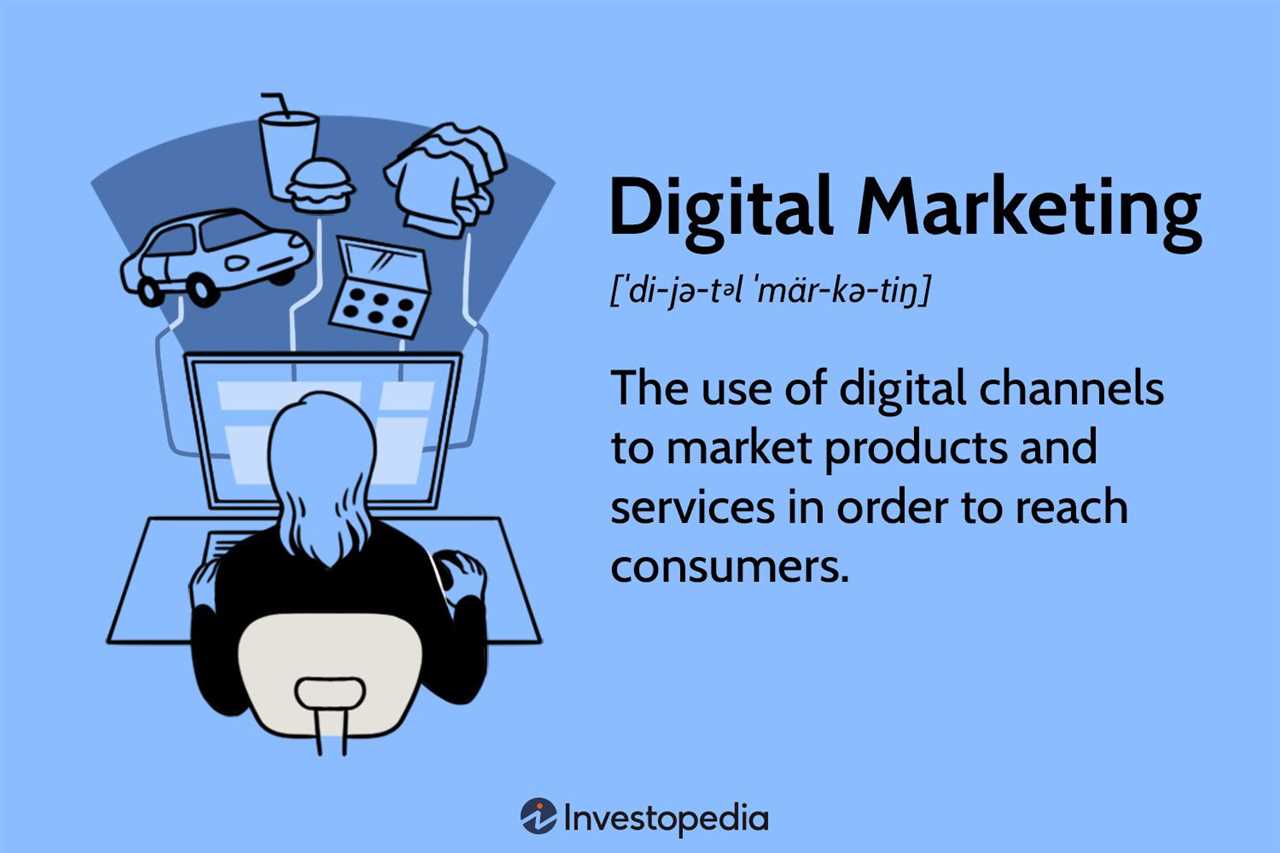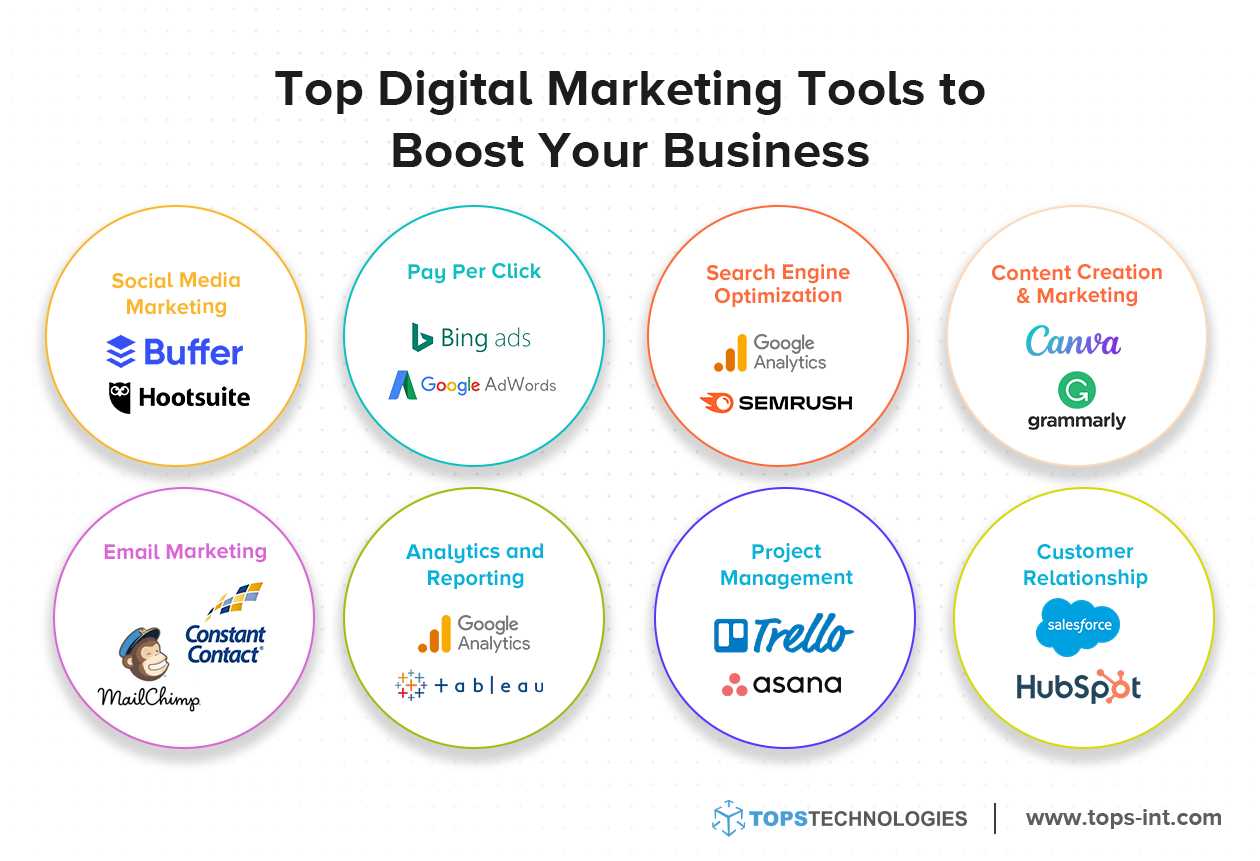Digital Marketing Overview
With the increasing reliance on digital platforms and the rise of the internet, digital marketing has become an essential component of any marketing strategy. It offers businesses the opportunity to connect with their customers in a more direct and personalized way, allowing for better targeting and measurement of marketing efforts.
There are several key aspects of digital marketing that make it different from traditional marketing methods. Firstly, digital marketing allows for real-time tracking and analysis of marketing campaigns, providing valuable insights into customer behavior and preferences. This data can be used to optimize marketing strategies and improve overall performance.
Additionally, digital marketing allows for more targeted and personalized marketing messages. With the ability to segment audiences based on demographics, interests, and behavior, businesses can deliver highly relevant content to their customers, increasing the chances of conversion and engagement.
Overall, digital marketing is an essential component of any modern marketing strategy. It offers businesses the ability to reach and engage with their target audiences in a more direct and personalized way, providing valuable insights and opportunities for optimization. By leveraging digital technologies and platforms, businesses can stay ahead of the competition and drive growth in the digital age.
Types of Digital Marketing
Digital marketing encompasses a wide range of strategies and tactics that businesses can use to promote their products or services online. Here are some of the most common types of digital marketing:
1. Search Engine Optimization (SEO)
SEO involves optimizing a website’s content and structure to improve its visibility in search engine results. This includes keyword research, on-page optimization, link building, and other techniques to increase organic traffic.
2. Pay-Per-Click (PPC) Advertising
PPC advertising allows businesses to place ads on search engine results pages and other websites, and pay only when users click on their ads. This method can be highly targeted and provides immediate results.
3. Social Media Marketing
Social media marketing involves using social media platforms like Facebook, Instagram, Twitter, and LinkedIn to promote a brand and engage with its audience. This can include posting content, running ads, and interacting with followers.
4. Content Marketing
Content marketing focuses on creating and distributing valuable, relevant, and consistent content to attract and retain a target audience. This can include blog posts, videos, infographics, ebooks, and more.
5. Email Marketing
Email marketing involves sending targeted messages to a group of people who have provided their email addresses. This can be used to promote products, share news and updates, and build relationships with customers.
6. Influencer Marketing
Influencer marketing involves partnering with influential individuals in a specific niche to promote a brand or product. This can help businesses reach a wider audience and build trust with potential customers.
7. Affiliate Marketing
Affiliate marketing is a performance-based strategy where businesses reward affiliates for each customer or sale they bring in through their marketing efforts. This can be done through referral links, coupon codes, or other tracking methods.
Challenges in Digital Marketing
Digital marketing, like any other form of marketing, comes with its own set of challenges. These challenges can make it difficult for businesses to effectively reach their target audience and achieve their marketing goals. Here are some of the common challenges faced in digital marketing:
- Increased competition: With the rise of digital marketing, the competition has become more intense. Businesses are constantly trying to outdo each other in terms of online visibility and customer engagement. This makes it challenging for businesses to stand out and attract the attention of their target audience.
- Changing algorithms: Digital marketing platforms such as search engines and social media sites often change their algorithms, which can affect the visibility of businesses’ online content. Marketers need to stay updated with these changes and adapt their strategies accordingly to ensure their content reaches their target audience.
- Ad blocking: Many internet users employ ad-blocking software to avoid seeing online advertisements. This poses a challenge for digital marketers as it reduces the reach and effectiveness of their advertising efforts. Marketers need to find creative ways to engage with their audience without relying solely on traditional advertising methods.
- Data privacy concerns: With the increasing awareness of data privacy, consumers are becoming more cautious about sharing their personal information online. This makes it challenging for marketers to collect accurate and relevant data for their campaigns. Marketers need to be transparent about data collection practices and ensure that they comply with privacy regulations.
- Measuring ROI: Measuring the return on investment (ROI) of digital marketing campaigns can be challenging. Unlike traditional marketing methods, digital marketing provides a wealth of data and metrics, but it can be overwhelming to analyze and interpret this data effectively. Marketers need to use analytics tools and establish clear goals and KPIs to measure the success of their campaigns.
- Keeping up with technology: Digital marketing is constantly evolving with new technologies and platforms emerging regularly. Marketers need to stay updated with the latest trends and technologies to effectively reach their target audience. This requires continuous learning and adapting to new tools and strategies.
Required Skills for Digital Marketers
In order to succeed in the field of digital marketing, professionals need to possess a diverse set of skills. Here are some of the key skills that are required for digital marketers:
1. Analytical Skills
Digital marketers need to have strong analytical skills in order to analyze data and make informed decisions. They should be able to interpret data from various sources, such as website analytics, social media metrics, and customer behavior, to identify trends and patterns.
2. Creativity
Creativity is essential in digital marketing as it helps marketers come up with innovative ideas and campaigns that can capture the attention of their target audience. Digital marketers should be able to think outside the box and come up with unique and engaging content.
3. Communication Skills

4. Technical Skills
5. SEO Knowledge
6. Adaptability
The digital marketing landscape is constantly evolving, and digital marketers need to be adaptable to keep up with the latest trends and technologies. They should be willing to learn new skills and adapt their strategies to stay ahead of the competition.
| Required Skills for Digital Marketers |
|---|
| Analytical Skills |
| Creativity |
| Communication Skills |
| Technical Skills |
| SEO Knowledge |
| Adaptability |
Overall, digital marketers need to have a combination of technical, analytical, creative, and communication skills in order to succeed in the fast-paced and ever-changing world of digital marketing.
Marketing Essentials for Digital Marketers
1. Target Audience

2. Branding
Building a strong brand presence is important for digital marketers. This involves creating a unique and memorable brand identity, developing brand messaging, and consistently communicating the brand’s values and personality across all digital channels.
3. Content Strategy

Creating high-quality and relevant content is key to attracting and retaining customers. A digital marketer should have a solid content strategy in place, including the creation of engaging blog posts, videos, social media content, and other forms of content that resonate with the target audience.
4. SEO and SEM
5. Social Media Marketing

Social media platforms play a significant role in digital marketing. Digital marketers should be well-versed in creating and implementing effective social media marketing strategies, including content creation, community management, influencer partnerships, and paid advertising campaigns.
6. Analytics and Data Analysis
Measuring and analyzing data is crucial for optimizing digital marketing campaigns. Digital marketers should be familiar with various analytics tools and techniques to track and analyze key performance indicators (KPIs), such as website traffic, conversion rates, engagement metrics, and ROI.
By mastering these marketing essentials, digital marketers can effectively plan, execute, and evaluate their digital marketing strategies, ultimately driving business growth and success.

Emily Bibb simplifies finance through bestselling books and articles, bridging complex concepts for everyday understanding. Engaging audiences via social media, she shares insights for financial success. Active in seminars and philanthropy, Bibb aims to create a more financially informed society, driven by her passion for empowering others.
